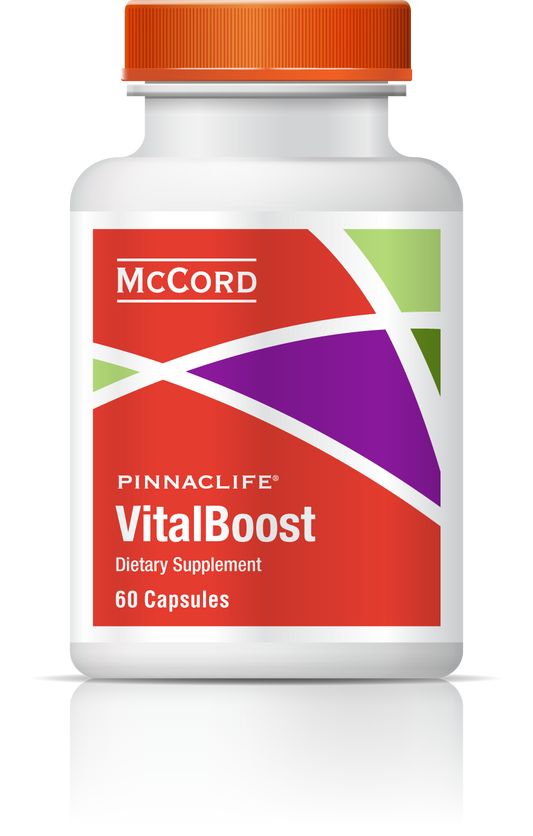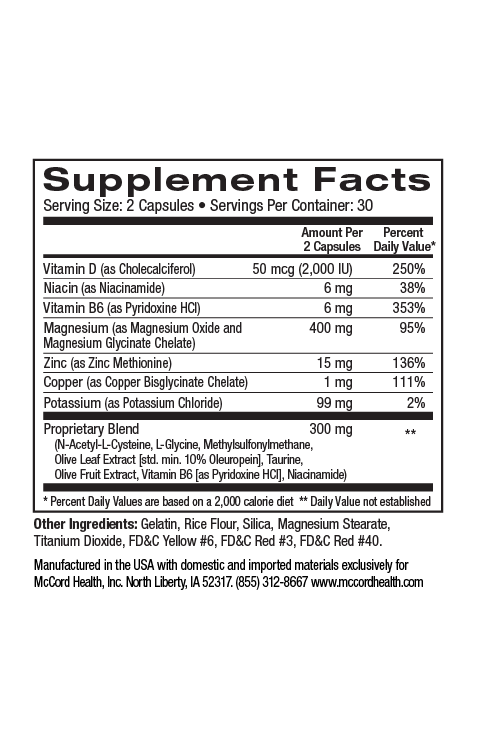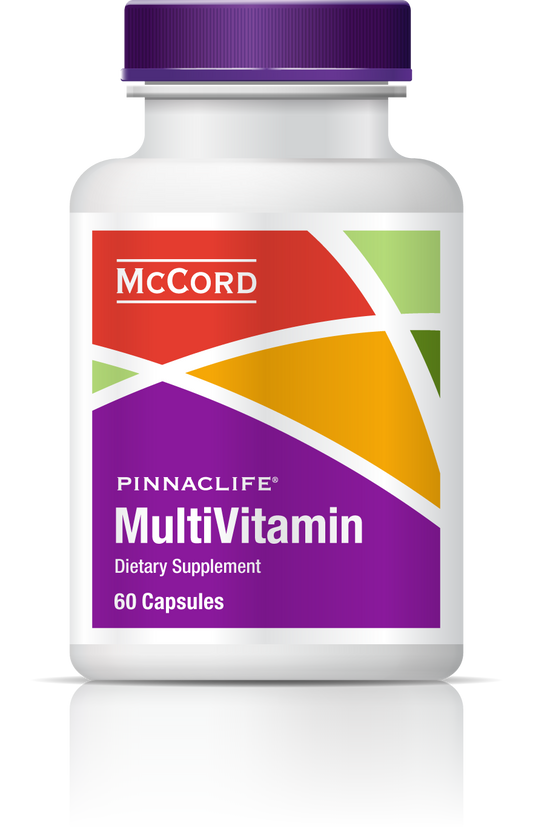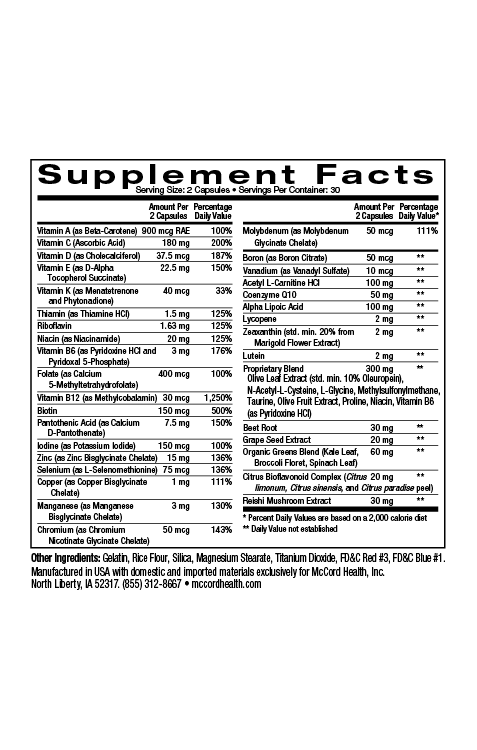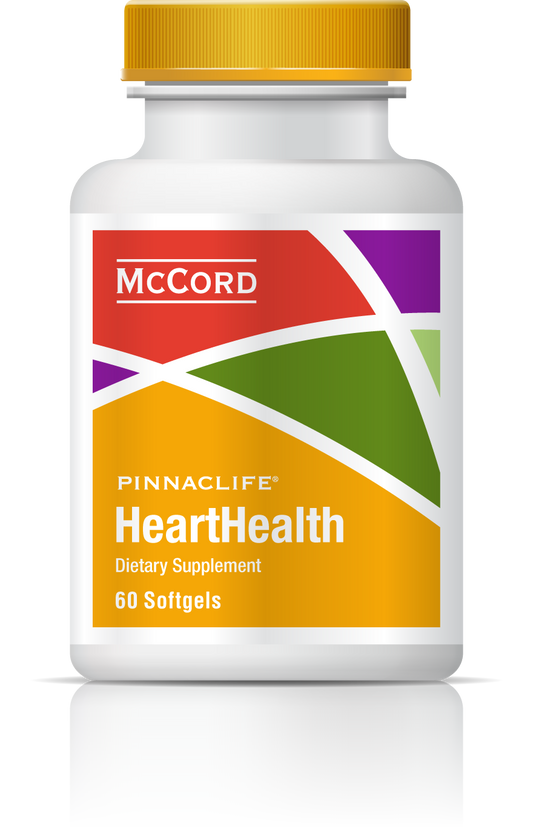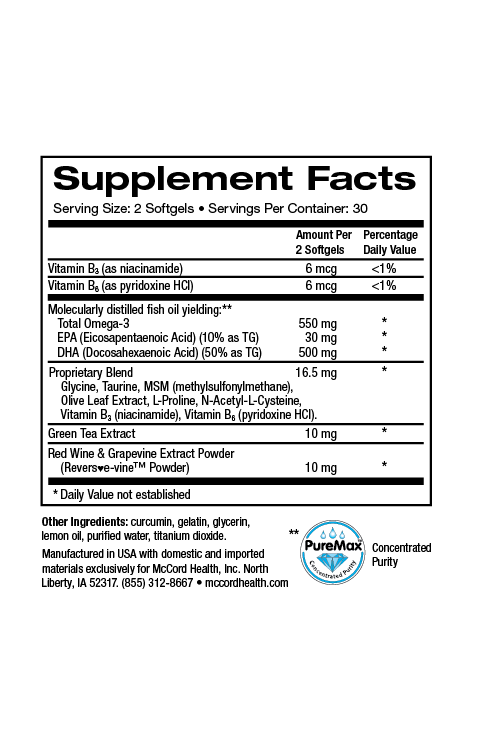Most people experience stress and anxiety from situations that are often unavoidable. Magnesium is vital for homeostasis of fight-or-flight hormones and neurotransmitters released in response to stress and anxiety. Low magnesium is associated with mood disorders including stress, anxiety, and depression.
- Stress and anxiety are extremely common
- Many causes of stress and anxiety are unavoidable
- Unchecked stress and anxiety have long-term health consequences
- Magnesium plays a central role in the body’s response to stress and anxiety
- Low magnesium is associated with mental health and mood disorders
- Supplementing magnesium may help the body respond to stress and anxiety
Tell Me More!
Very few people can say they have never experienced feelings of anxiety. For some people, it is a result of temporary short term stressful situations but for others it can be a debilitating condition that leads to serious mental and physical health problems. Regardless of how you experience and respond to stress, there are nutritional approaches that can help your body respond to stress and anxiety in a healthy way.
Anxiety is a Common Problem of Epidemic Proportions
The Anxiety and Depression Association of America (ADAA) and National Institute of Mental Health (NIH) reports that anxiety disorders represent the most common mental illness in the United States, affecting almost 1 in 5 adults over the age of 18 – or roughly 40 million people annually.1,2 Rates are even higher amongst teenagers, with 1 in 4 children between 13 – 18 exhibiting symptoms.1,2
Why are we so Anxious?
It’s not hard to imagine why so many people have feelings of anxiety. Poor health, financial problems, debt, unemployment, relationship problems, trauma, violence, stress – sometimes just reading those words starts creating feelings of anxiety. In the past decade we have also added technology and social media that clearly is impacting mental health and anxiety on levels we do not fully understand yet - especially amongst children.
As much as we want to reduce or eliminate these sources of anxiety, we know it’s impossible and that in and of itself can add even more anxiety. That is why so many people are looking for healthy solutions to help them cope with the situations that are out of their control.
Biochemistry of Stress and Anxiety
When people are exposed to stressful situations, there is complex brain chemistry that takes place to initiate a cascade of neurotransmitters and hormones as a response. At the center of the stress and anxiety response is the limbic system, hypothalamus, pituitary, and the adrenaline-releasing adrenal glands.3 This system stimulates the fight-or-flight response that causes elevations in heart rate, blood pressure, respiration, and tunnel vision – all symptoms commonly experienced during anxiety and panic attacks.
The fight-or-flight response to perceived threats is intended as a short-term solution for a temporary threat. However, many of the anxiety-inducing societal and personal stresses people experience are not short-lived, but last for weeks, months, and even years, keeping your body in a constant state of fight-or-flight that is not good for long-term health.3,4
Magnesium and Anxiety
Magnesium plays a central role in the regulation and activity of the limbic-hypothalamus-pituitary-adrenocortical axis discussed above.3 It is involved in over 300 biochemical processes including those related to the production and activity of neurotransmitters like dopamine and serotonin, plus hormones like epinepherine, norepinephrine, cortisol, adrenocorticotropin hormone (ACTH), testosterone, and estrogen.3,5,6
Magnesium Deficiency
Magnesium deficiency is becoming increasingly common around the world for several reasons including:
- Low dietary intake from diets high in processed / fast food options
- Lower magnesium content in natural food sources
- Lower magnesium content in purified drinking water
- Medications that interfere with magnesium homeostasis
- Disease states that impact magnesium homeostasis
Low levels of magnesium cause disruptions in these response systems and are linked to mood disorders including depression and anxiety.3,7–9 While there is still a call for more research, magnesium supplementation has shown to be beneficial in a variety of mood and anxiety disorders leading many healthcare practitioners to recommend it as an alternative or addition to standard treatments.3,10–12
Non-pharmacological Methods for Reducing Anxiety
As with most health issues, there are actions we can take that can help to reduce symptoms or negative effects without the use of pills or medication. Those include things like following a healthy diet, being physically active, practicing relaxation techniques, prayer/meditation, talking to a therapist, and things of that nature. It is always important to incorporate these methods in your daily routine and not solely rely on medications.
Nutritional supplements sort of bridge the gap between a healthy diet and using a medication. You can try incorporating more magnesium-rich foods into your diet – but if those foods are not easily accessible, affordable, or palatable for you then magnesium-boosting supplements like Olivamine® VitalBoost, CalmMind, and BrainHealth may be an important part of your regimen.
Prescription Therapy for Anxiety
Sometimes prescription medications are necessary to address anxiety, but they should not always be the first thing you turn to. Many of the medications used for anxiety have potentially dangerous and lasting side effects especially with long-term use. Benzodiazepine medications are frequently used for treating anxiety but they are known to cause drowsiness and have potential for abuse and addiction.13 Benzodiazepines is even associated with an increased risk of dementia and neurodegenerative disorders including Alzheimer’s disease, though a causative relationship has not yet been established.14,15
Work With Your Trusted Healthcare Provider
It is important to work closely with a healthcare provider that you trust to discuss your personal situation and find what works best for you. In the case of stress, anxiety, mood disorders, and depression it is vital to talk regularly with your friends, family and incorporate mental health professionals and spiritual/religious advisors if necessary.
References
1. Kessler RC, Avenevoli S, Costello EJ, et al. Design and field procedures in the US National Comorbidity Survey Replication Adolescent Supplement (NCS-A). Int J Methods Psychiatr Res. 2009;18(2):69-83. doi:10.1002/mpr.279
2. Merikangas KR, He J-P, Burstein M, et al. Lifetime prevalence of mental disorders in U.S. adolescents: results from the National Comorbidity Survey Replication--Adolescent Supplement (NCS-A). J Am Acad Child Adolesc Psychiatry. 2010;49(10):980-989. doi:10.1016/j.jaac.2010.05.017
3. Boyle NB, Lawton C, Dye L. The Effects of Magnesium Supplementation on Subjective Anxiety and Stress-A Systematic Review. Nutrients. 2017;9(5). doi:10.3390/nu9050429
4. Ranabir S, Reetu K. Stress and hormones. Indian J Endocrinol Metab. 2011;15(1):18-22. doi:10.4103/2230-8210.77573
5. Schwalfenberg GK, Genuis SJ. The Importance of Magnesium in Clinical Healthcare. Scientifica (Cairo). 2017;2017:4179326. doi:10.1155/2017/4179326
6. Al Alawi AM, Majoni SW, Falhammar H. Magnesium and Human Health: Perspectives and Research Directions. Int J Endocrinol. 2018;2018:9041694. doi:10.1155/2018/9041694
7. Jacka FN, Overland S, Stewart R, Tell GS, Bjelland I, Mykletun A. Association between magnesium intake and depression and anxiety in community-dwelling adults: the Hordaland Health Study. Aust N Z J Psychiatry. 2009;43(1):45-52. doi:10.1080/00048670802534408
8. Sartori SB, Whittle N, Hetzenauer a, Singewald N. Magnesium deficiency induces anxiety and HPA axis dysregulation: modulation by therapeutic drug treatment. Neuropharmacology. 2012;62(1):304-312. doi:10.1016/j.neuropharm.2011.07.027
9. Młyniec K, Davies CL, de Agüero Sánchez IG, Pytka K, Budziszewska B, Nowak G. Essential elements in depression and anxiety. Part I. Pharmacol Rep. 2014;66(4):534-544. doi:10.1016/j.pharep.2014.03.001
10. Eby G a, Eby KL. Rapid recovery from major depression using magnesium treatment. Med Hypotheses. 2006;67(2):362-370. doi:10.1016/j.mehy.2006.01.047
11. Tarleton EK, Littenberg B, MacLean CD, Kennedy AG, Daley C. Role of magnesium supplementation in the treatment of depression: A randomized clinical trial. Song Y, ed. PLoS One. 2017;12(6):e0180067. doi:10.1371/journal.pone.0180067
12. Lakhan SE, Vieira KF. Nutritional and herbal supplements for anxiety and anxiety-related disorders: systematic review. Nutr J. 2010;9(42):1-14. doi:10.1186/1475-2891-9-42
13. Dionne P-A, Vasiliadis H-M, Latimer E, Berbiche D, Preville M. Economic impact of inappropriate benzodiazepine prescribing and related drug interactions among elderly persons. Psychiatr Serv. 2013;64(4):331-338. doi:10.1176/appi.ps.201200089
14. Billioti de Gage S, Moride Y, Ducruet T, et al. Benzodiazepine use and risk of Alzheimer’s disease: case-control study. BMJ. 2014;349(sep09 2):g5205-g5205. doi:10.1136/bmj.g5205
15. Gray SL, Dublin S, Yu O, et al. Benzodiazepine use and risk of incident dementia or cognitive decline: prospective population based study. BMJ. 2016;352:i90. doi:10.1136/bmj.i90
Disclaimer: These statements have not been reviewed by the FDA. These products are dietary supplements and are not intended to treat, cure, or prevent any disease. The decision to use these products should be discussed with a trusted healthcare provider. The authors and the publisher of this work have made every effort to use sources believed to be reliable to provide information that is accurate and compatible with the standards generally accepted at the time of publication. The authors and the publisher shall not be liable for any special, consequential, or exemplary damages resulting, in whole or in part, from the readers’ use of, or reliance on, the information contained in this article. The publisher has no responsibility for the persistence or accuracy of URLs for external or third party Internet websites referred to in this publication and does not guarantee that any content on such websites is, or will remain, accurate or appropriate.

